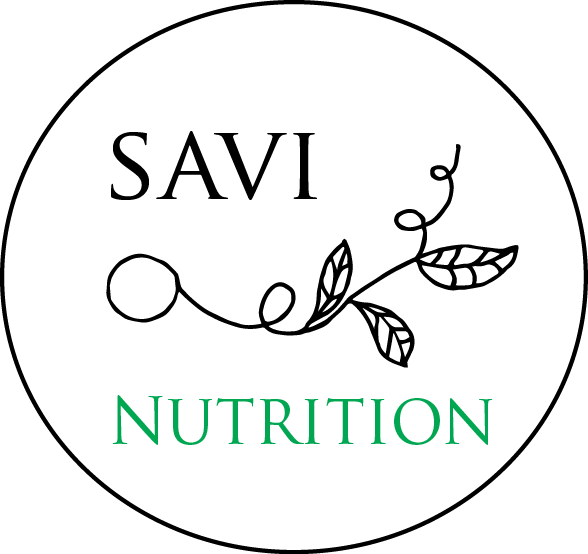
Is Your Lunch giving you Brain Fog?
Do you suffer from brain fog? Is your memory not as sharp as it could be? Are you stressed?
What you eat, when you eat and how you eat can all impact on your mental health and wellbeing. At the same time stress can influence your food choices.
Through COVID we all had to make massive adjustments to our lives and this can lead to stress. Stress can lead to cravings and maybe, suddenly, our diet isn’t looking so good. Add to this more time spent at home with the opportunity to snack and you may find you’re not feeling your best.
Making changes to your lunch routine may not seem like it would have an impact on your mental health but small changes add up. So here are a few lunch hacks that are worth a try.
Let’s start with the how…
Support your digestion – let your body know food is on its way.
Working through your lunch break, grazing on a sandwich may seem productive but could leave you with indigestion. Heard the expression we eat with our eyes? The process of choosing and preparing food, taking time to get ready to eat, sends signals from your brain to your stomach.Your digestive system prepares to receive food, you build up stomach acid ready to digest. If you are focused on a report whilst reaching for a sandwich your digestive system misses those signals. Getting away from your desk, thinking about your meal, could help you absorb more nutrients.
Create the right environment.
If you try to eat whilst feeling stressed you are not going to benefit fully from your food. When our fight or flight impulse kicks in it diverts blood flow from our digestive system to our muscles ready to take flight. What does this mean for your lunch break? If you are checking emails and receive an unexpected surprise that sends your adrenaline soaring you just entered fight or flight mode! Taking some time out to chat to colleagues helps you relax and improves digestion.

Get some daylight.
So, this is not so much about eating as how you spend your lunch break. As we head towards winter and the days get shorter we can come to work and go home in the dark. This is bad news for our serotonin production. Natural light helps to boost serotonin (sometimes called a ‘feel good’ or happiness hormone). Getting out for 20 – 30 minutes natural daylight can help give you a boost.
Moving on to when you eat – are meal times important? I would say when you eat is important but the ideal time to eat will differ between individuals.
- Track your energy levels and balance your meal times accordingly.
- Are you someone who skips breakfast? Not everyone feels that they need breakfast but if you find yourself reaching for the biscuit tin when you take a mid-morning tea break then guess what? You’re eating biscuits for breakfast. That sugar will give you an instant energy boost but can lead to an energy slump, lower concentration and add to brain fog.
- I’m not suggesting you try to add in breakfast at 7 or 8am. That really might not work for you. However, you might want to swap lunch for a mid-morning brunch to boost your concentration levels later in the day.
So, finally a quick word on what to eat. This one is all about balance. As a nation we tend towards carbohydrate rich breakfasts, quite carbohydrate focused lunches and then a more balanced evening meal. We might be getting the right balance of nutrients when we add up across the day but our energy levels could be see-sawing all over the place.
- Create a balanced plate with protein and healthy fats at every meal.
- If your typical lunch is a sandwich with a whisper of filling in the middle then chances are it’s pretty high in carbohydrates and lacking in protein and healthy fats. If you’ve not quite got the balance right then this could lead to an energy slump and lack of concentration mid-afternoon.
- Try to add in nuts, seeds, ½ an avocado or some oily fish (salmon, mackerel, sardines). The omega 3 oils are important for brain health and the protein will take longer to digest, keeping your energy levels high and helping you maintain focus.
Remember, a Healthy Diet for Physical Health can also support Good Mental Health!
